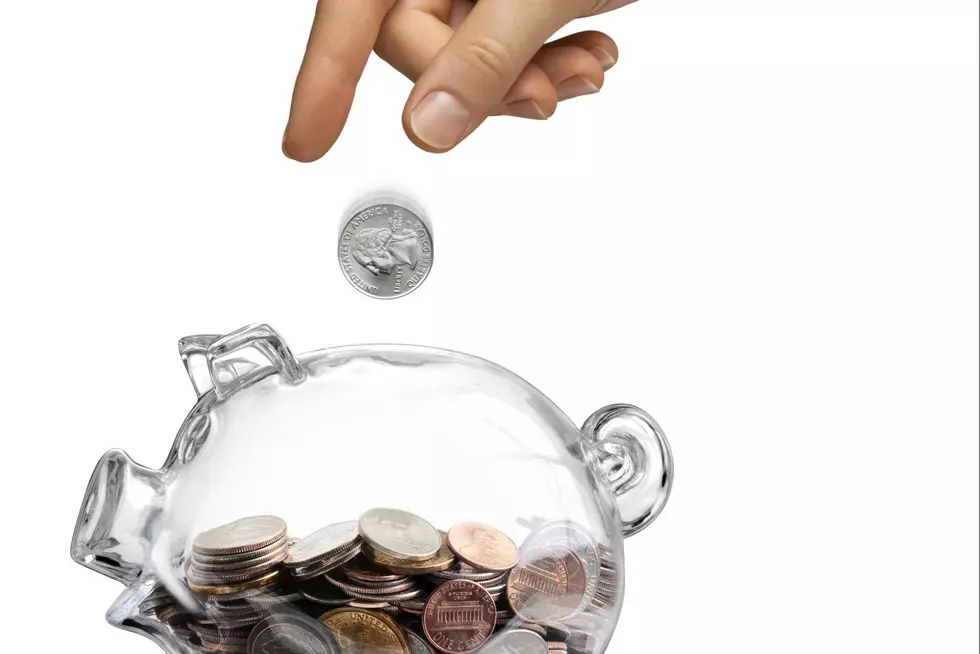
Most of us have more credit card debt than emergency savings
About 74 million Americans, or 29 percent, have more credit card debt than emergency savings — the highest in nine years, according to Bankrate.com.
Bankrate chief financial analyst Greg McBride said he's seen a big deterioration in the last 12 months in terms of the relationship between Americans' credit card debt and emergency savings. It was slowly improving over the last eight years, given the economic recovery, but the strain that households are under has become worse.
Only 44 percent of American households have more emergency savings than credit card debt, the lowest in nine years of surveys. Yet despite that, 43 percent of Americans say boosting emergency savings is more of a priority than paying down debt, a decline from 53 percent last year.
Nothing makes you sleep better knowing you have money tucked away for the future, McBride said.
"Now is the time to make hay while the sun shines. Now is the time while unemployment's low, people are working, people are making more money, to right-size that equation. Pay off the credit card debt and boost that emergency savings," McBride said.
Eighteen percent have neither credit card debt nor emergency savings. That means when an unplanned expense arises or when there's a reduction of income for any reason, they're going to go right to the credit card debt. There is no cushion to absorb those savings.
Only 40 percent of U.S. households could pay a $1,000 unplanned expense out of their savings. More than one third would have to borrow the money, and that includes 15 percent of Americans who would go straight to the credit card, McBride said.
Millennials are the only generation more focused on paying down credit card debt, which was not surprising to learn, said McBride. That's because millennials have a real aversion to credit card debt and also have a better inclination toward savings than a lot of generations that have preceded them. If millennials have credit card debt, they want to get rid of it, and many of them have established that all-important habit of saving regularly.
Generation X, Baby Boomers and the Silent Generation are all more focused on increasing emergency savings.
To boost emergency savings, McBride said, the key is to make it a habit. So set up a direct deposit from your paycheck into a dedicated savings account. That way the savings happens automatically and it happens first.
So even if an unexpected expense happens that puts a dent in your cushion of savings, McBride said you're only one paycheck away from replenishing that savings.
More from New Jersey 101.5:
More From New Jersey 101.5 FM









